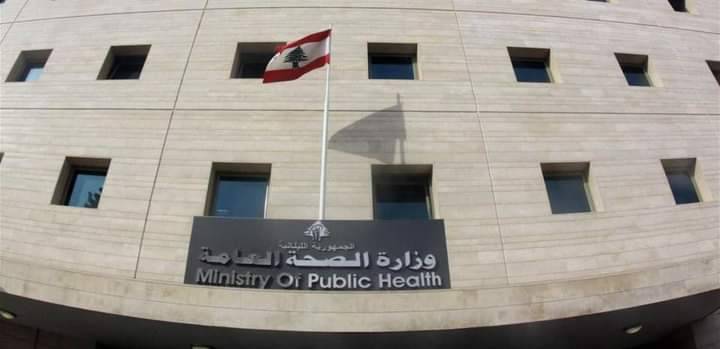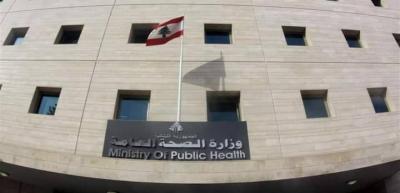The "last breath" has been cut off for employees of the Ministry of Public Health. After the unbearable circumstances exceeded their capacity to cope, they announced a "forced" work stoppage across all ministry units for a full week, starting Monday morning. Approximately 180 employees reached this decision driven by two main reasons: the first is the ongoing living conditions since the onset of the financial collapse, and the second is the state's "indifference" toward their rights.
**High Transportation Costs**
Regarding the first reason, employees have come to a conviction that "it is no longer possible to continue this work. What we receive in salaries barely covers the commute to and from the ministry, while other expenses are accumulating as debt," as one employee stated. She is among many who live outside the city of Beirut, where she works, and has to travel dozens of kilometers daily for a meager salary that barely amounts to 1,800,000 lira—which is only enough to cover three tanks of gasoline that won’t last until the end of the month.
Many of her colleagues find themselves unable to adhere to work schedules, especially since in this ministry, unlike other official ministries and administrations, there has not been a commitment to a determined attendance of one or two days of work; rather, they have continued to show up daily, exacerbating their financial struggles. Additionally, work has become challenging amid the collapse, and at times, they manage to cope in whatever way possible. "For simple examples, during winter we used to bring our heaters from home to the office and take them back at the end of the workday. In summer, we brought fans due to the extreme heat in the offices with air conditioning units out of service."
**No Transportation Allowance**
As for the second reason, which "compounded the problem," employees received their salaries at the end of last month without the transportation allowance that the state had approved. They are still only receiving the fixed allowance of 24,000 lira. The Ministry of Public Health had contacted the Ministry of Finance for clarification on the matter. According to sources, "the response was that you have a budget; disburse the transportation allowance from it as it is not available in the Ministry of Finance." This is not feasible, simply because they do not have the allocations to dispense these allowances. Furthermore, the approved social assistance has not been disbursed, prompting employees to intensify their meetings to find a solution, although "that wasn't possible," as another employee mentioned.
**International Salaries**
Some meetings have discussed a matter that is no longer trivial—"the additional salaries that some employees are receiving from international organizations. This phenomenon has become concerning, especially amid the current crisis where some employees receive the minimum wage, while others receive additional amounts that are multiples of their basic salaries." Although this phenomenon is not limited to the Ministry of Health, but rather affects many ministries and public institutions, where many international organizations exploit the need of workers and fill some of the gaps with state employees, it is particularly "noticeable" in health care, as one employee pointed out, where it "is widespread, and it is disturbing that no one seems to be concerned, as if it has become ordinary."
**Winter and Summer Under One Roof**
This is what the employees say: at a time when the favored receive "international" salaries, others live with the bare minimum.
**Abu Hayyed Adopted Their Demands**
For all these reasons, employees voiced their demands in a meeting with the Minister of Public Health, Firas Abu Hayyed, who announced his "adoption" of these demands, indicating to "Al-Akhbar" that they are "justified demands, especially if we consider the dire living conditions for them and all public sector employees." Nonetheless, Minister Abu Hayyed considered the decision to strike a "double-edged sword," as it impacts citizens. Here, Abu Hayyed pointed out that part of his meeting with employees "was to propose some solutions." He added: "There will not be a single solution, but multiple solutions as has happened in other ministries; for example, we can work on reducing the presence of some employees for a day or two..."




